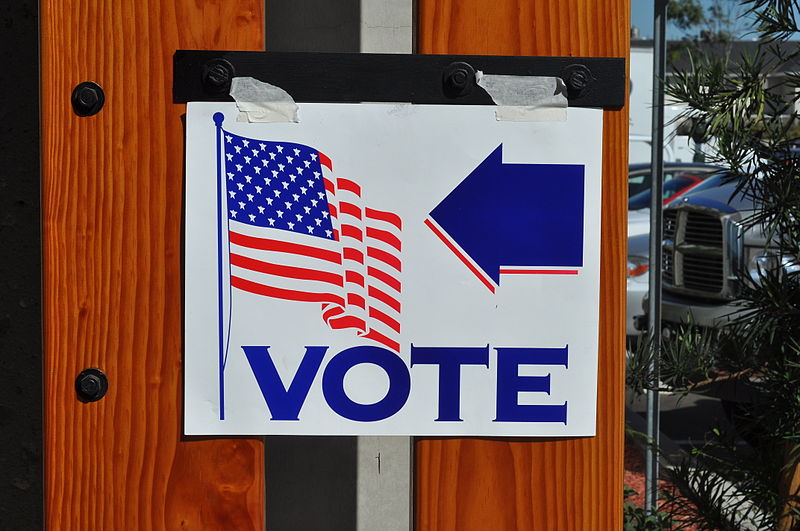Latinos are Confident in Voter ID Laws, Reports Suggest


According to the Pew Hispanic Center, 97% of Latinos are confident in voter ID laws. Georgia, Indiana, Kansas, and Tennessee will have a “strict photo ID” requirement this election cycle. Florida, Hawaii, Idaho, Louisiana, Michigan, New Hampshire, and South Dakota have each stipulated provisions if a voter is unable to present a photo ID. Within these 11 states, 95% of Latinos are confident they possess proper identification to vote.
The 11 states that have enacted voter ID laws this year account for 15% of eligible Latino voters. According to the National Conference of State Legislatures, 6 additional states have pending ID laws, either taking effect at a later date, or in litigation. In total, 33 states proposed some form of voter ID law this year. Fourteen states attempted new ID laws, 10 states sought to reinforce its current law, and 9 states put forth bills to amend laws enacted in 2011.
When asked about voter ID laws, 71% of registered Latino voters favored a state photo ID requirement. A close 77% of general registered voters also supported the laws.
According to the Brennan Center for Justice, approximately 11% of eligible voters, or 21 million people, do not possess a government issued photo ID that is currently required to vote in certain states. In the report, the center detailed:
"That percentage is even higher for seniors, people of color, people with disabilities, low-income voters, and students. Many citizens find it hard to get government photo IDs, because the underlying documentation like birth certificates (the ID one needs to get ID) is often difficult or expensive to come by."
In August, a report entitled, "Voter ID Laws: Necessity or Burden," NPR correspondent Michel Martin discussed the rising trend. In the segment, Martin spoke with Kristal Zook, professor at Hofstra University and author of "Destroying Your Vote," and Abigail Thernstrom, from the US Commission on Civil Rights. Zook stated:
"There's absolutely no evidence for widespread voter fraud, specifically when it comes to voter impersonation... The DOJ under both Presidents Bush and Obama found that it was not a significant issue, voter impersonation, voter fraud."
Thernstrom agreed, "in-person voter fraud is particularly difficult," but countered:
"...I think it is legitimate for states to ask people to tell them who they are when they want to vote. And we ask people to do that in a whole variety of circumstances. If you're talking about low-income citizens or low-income non-citizens, if you want to get welfare, if you want to get Medicaid, part of the American mainstream requires this kind of ID, and you're a second-class citizen if you don't have one."
Regardless of recent debates, eligible voters do not seem worried by recent ID restrictions. More specifically, Latinos, who are projected to be 8.9% of voters in 2012.
Earlier this year, Gallup revealed that 40% of Americans identified as independent voters; a "record-high." More recently, in July, Gallup found that 51% of Latinos considered themselves independents. Just over half of Latinos have chosen not to affiliate with a political party, but both Gallup and Pew find Democratic leanings among the population.
Regardless of the continuous debate over voter ID laws, 67% of Latinos believe the pan-ethnic group will have a significant affect on the upcoming presidential election.



